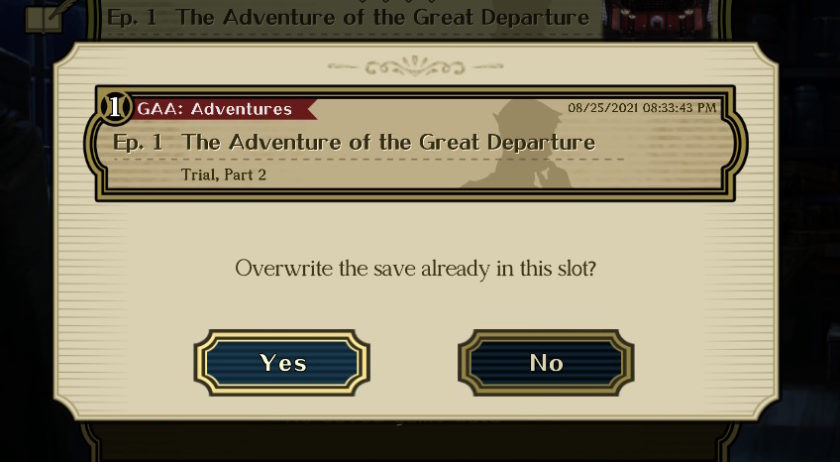
Welcome to Learningworks for Kids Game Vocabulary for Parents! In this series, we are highlighting some key gamer vocabulary for busy parents and defining the key executive functions that can be strengthened through play. This video will focus on the phrase Save Scumming. Click below to watch the video and learn more. The transcript is also provided below for your convenience. A special thanks to our videographer J.R. for his work on this awesome video!
Hi and welcome to Learningworks for Kids’s Gaming Vocabulary for Parents. This is a video series where we will be taking some of the most common gaming terms and vocabulary and breaking down their meaning and how these terms can help you understand the executive functioning skills behind your child’s favorite games. Like what you see? Then be sure to visit us at learningworksforkids.com to read our educational blogs, read our game reviews, and learn more about how to create a balanced play diet for your child.
Today we are going to be talking about the phenomenon both loved and hated known as Save Scumming. Save Scumming, simply put, is quitting the game you are playing and reverting back to your last saved point to either erase a bad action that has occurred or to preserve something favorable that has happened before moving on with gameplay. It is also often associated with saving games excessively over and over to perfect a run through the video game.
For example, if your child is playing the game Subnautica and is attacked by a terrifying creature, they may end up dying and losing a bunch of items. Instead of accepting this result and going to search for the items again, your child simply turns off the game without saving and opens it up again to a point before they met the creature who spelled out their doom. Some gamers call save scumming cheating while others see it as an ingenious strategy and a way to exploit the game for maximum control over the environment.
So what could possibly be the benefit of save scumming outside of the world of video games? Well, it’s actually two-fold–whether your child uses save scumming or not, they are practicing distinct executive functioning skills. If your child is a save scummer (sounds kind of gross when you say it that way) then they are learning valuable flexibility skills; they see when a situation has turned sour and pivot to change the outcome. If they are playing a puzzle game and save scumming at the same time, this will allow them to try a variety of approaches to a problem, something which is a beneficial skill in real life as well. If your child is a purist and likes to just roll with the punches, they are learning valuable lessons in self-awareness and self-control because they are making the best out of a bad situation.
So how can you apply this concept to real life situations? Help your child think about save scumming in real-life scenarios by providing hypothetical situations and allowing them to play through the possibilities of each option. If they are applying for a summer job, talk to them about three situations where they show up prepared, unprepared, or skip the interview altogether. Reading Choose Your Own Adventure books can also provide a non-game form of save scumming because if your child reaches an unfavorable result, they go back to a certain part of the book and choose a different option. If you want to address self-control and self-awareness, talking through a difficult situation with your child such as a death in the family, a bad test grade, or a canceled sporting event can show the importance of resilience and coping with unfavorable outcomes when they cannot be adjusted or improved.
Well, that’s all the time we have for today. If you’d like to watch more videos like this, go ahead and hit the subscribe button. We publish new content every week so you can learn how to set up your child’s play diet. To learn more visit learningworksforkids.com
